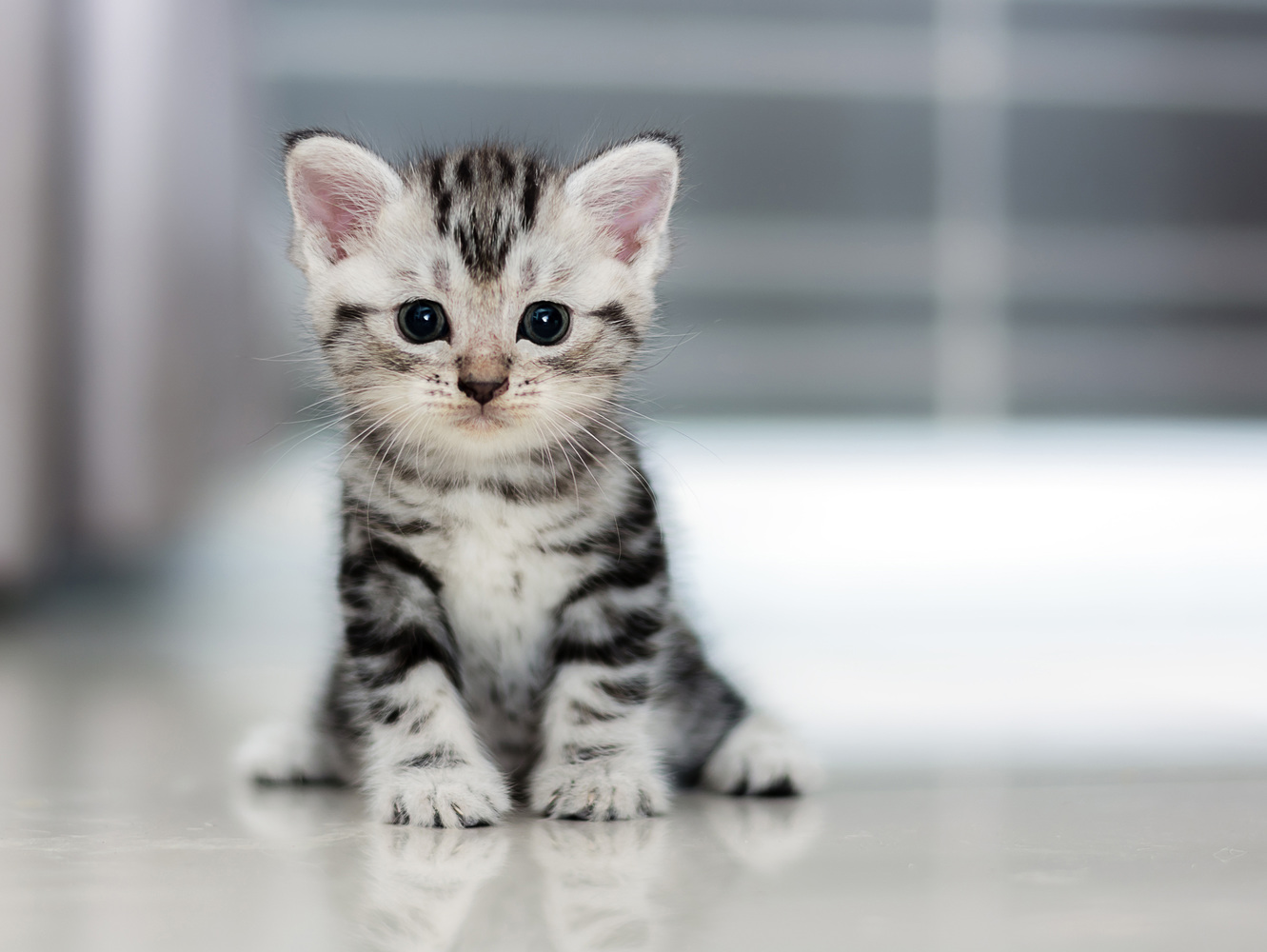Understanding The Independent Kitten: A Comprehensive Guide To Le Chaton Indépendant
The term "le chaton indépendant" translates to "the independent kitten" in English, and it perfectly captures the essence of kittens that exhibit a unique sense of autonomy and self-reliance. Unlike their more clingy counterparts, independent kittens possess a distinct personality that sets them apart. This characteristic often fascinates cat enthusiasts and pet owners alike, making it a topic worth exploring in depth.
From their playful antics to their quiet moments of introspection, independent kittens bring a sense of wonder and charm to any household. However, understanding their behavior and needs is crucial for anyone considering adopting one. This article aims to delve into the world of independent kittens, uncovering the secrets behind their behavior and providing practical advice for their care.
As we journey through this guide, we will explore the nuances of raising an independent kitten, including their developmental stages, nutritional requirements, and behavioral traits. Whether you are a first-time cat owner or a seasoned enthusiast, this article offers valuable insights that will enhance your understanding of these fascinating creatures.
- Tara Lambert Ohio
- Christmas Card Kardashian 2013
- Hayley Clifton Carmack
- Pole Vaulter Crotch Olympics
- Jessica Simpson Hairstyles
Table of Contents
- Introduction to Independent Kittens
- Traits of an Independent Kitten
- Developmental Stages of Kittens
- Nutrition for Independent Kittens
- Socialization and Training
- Health and Wellness
- Environmental Enrichment
- Common Behavioral Issues
- Adoption Tips for Independent Kittens
- Conclusion and Final Thoughts
Introduction to Independent Kittens
When it comes to kittens, there is a wide range of personalities, from the overly affectionate to the more aloof. Among these, the independent kitten stands out as a fascinating blend of curiosity and self-sufficiency. Understanding what makes an independent kitten unique is the first step in providing the best care possible.
Independent kittens are often characterized by their ability to entertain themselves and their preference for solitude at times. While they still crave affection and attention, they tend to be more selective about when and how they receive it. This independence can be attributed to various factors, including genetics, early socialization, and environmental influences.
Why Some Kittens Are More Independent
Several factors contribute to the development of an independent kitten:
- Teyana Taylor And Iman Shumpert Wedding
- Young Thug Dating
- Northern Lights Alabama Tonight
- Ashley Massaro Survivor
- Natalie Portman Breast Implants
- Genetic predisposition: Some breeds are naturally more independent than others.
- Early experiences: Kittens that grow up in environments with minimal human interaction may develop stronger independent traits.
- Personality: Just like humans, kittens have distinct personalities that shape their behavior.
Traits of an Independent Kitten
Identifying the traits of an independent kitten can help you better understand their behavior and needs. These kittens often exhibit a combination of characteristics that set them apart from their more clingy peers.
Key Characteristics
Here are some common traits of independent kittens:
- Self-entertainment: They enjoy playing alone and can find amusement in everyday objects.
- Selective affection: They prefer to seek attention on their terms rather than constantly demanding it.
- Confidence: Independent kittens are often more adventurous and willing to explore their surroundings.
Developmental Stages of Kittens
Understanding the developmental stages of kittens is essential for providing appropriate care. Independent kittens, like all kittens, go through distinct phases of growth and development.
Key Developmental Milestones
Here are the main stages of kitten development:
- Newborn (0-2 weeks): Kittens are entirely dependent on their mother for warmth and nourishment.
- Socialization period (2-7 weeks): Kittens begin to explore their surroundings and interact with humans and other animals.
- Adolescence (8-18 weeks): Kittens become more independent and start developing their unique personalities.
Nutrition for Independent Kittens
Proper nutrition is vital for the healthy development of all kittens, including those with independent personalities. A balanced diet ensures they receive the necessary nutrients to support their growth and energy levels.
Essential Nutrients
Key nutrients for kittens include:
- Protein: Essential for muscle development and overall growth.
- Fat: Provides energy and supports the development of a healthy coat.
- Vitamins and minerals: Necessary for strong bones and a robust immune system.
Socialization and Training
Socialization is crucial for all kittens, including those with independent tendencies. While they may not require as much attention as more clingy kittens, they still benefit from positive interactions with humans and other animals.
Training Tips
Here are some tips for training an independent kitten:
- Use positive reinforcement to encourage desired behaviors.
- Provide plenty of mental stimulation through interactive toys and games.
- Respect their need for personal space while still fostering a bond.
Health and Wellness
Maintaining the health and wellness of an independent kitten involves regular veterinary check-ups, vaccinations, and a clean living environment. Preventive care is key to ensuring they remain happy and healthy.
Common Health Issues
Some common health issues to watch out for include:
- Parasites: Fleas, ticks, and worms can affect kittens of all personalities.
- Upper respiratory infections: These are common in kittens and require prompt veterinary attention.
- Dental health: Regular dental care is essential for preventing issues later in life.
Environmental Enrichment
Creating an enriching environment is vital for the well-being of independent kittens. Providing them with opportunities to explore, play, and learn helps satisfy their natural curiosity and keeps them mentally stimulated.
Enrichment Ideas
Here are some ideas for enriching your kitten's environment:
- Interactive toys: Puzzle feeders and treat-dispensing toys encourage problem-solving skills.
- Climbing structures: Cat trees and shelves allow them to climb and explore.
- Window perches: Offering a view of the outdoors provides entertainment and mental stimulation.
Common Behavioral Issues
Even independent kittens can develop behavioral issues if their needs are not met. Understanding the root causes of these issues is the first step in addressing them effectively.
Addressing Behavioral Problems
Common behavioral issues include:
- Scratching furniture: Provide scratching posts and redirect their attention.
- Inappropriate elimination: Ensure the litter box is clean and easily accessible.
- Excessive meowing: Determine the cause and address any underlying issues.
Adoption Tips for Independent Kittens
Adopting an independent kitten can be a rewarding experience, but it requires careful consideration and preparation. Here are some tips to ensure a successful adoption:
Preparation Checklist
Before bringing your new kitten home:
- Prepare a designated space with all necessary supplies.
- Research the specific needs of the breed or personality type.
- Plan for initial veterinary visits and vaccinations.
Conclusion and Final Thoughts
Raising an independent kitten can be a delightful and enriching experience. By understanding their unique traits and providing appropriate care, you can ensure they grow into happy, healthy cats. Remember to respect their need for autonomy while still fostering a loving bond.
We invite you to share your experiences and insights in the comments below. Additionally, consider exploring other articles on our site for more information on pet care and animal behavior. Together, we can create a better world for our furry friends.
- Simone Biles Outfit Bears
- Demi Moore Shingles
- Meg The Stallion Without Makeup
- Stephen Love Is Blind African
- Christmas Card Kardashian 2013

Le Chaton fashion show 2018 Audiolight service s.r.o.

Merlot Crystal Chaton Bracelet Tutorial Eureka Crystal Beads

chaton / Définition CHATON